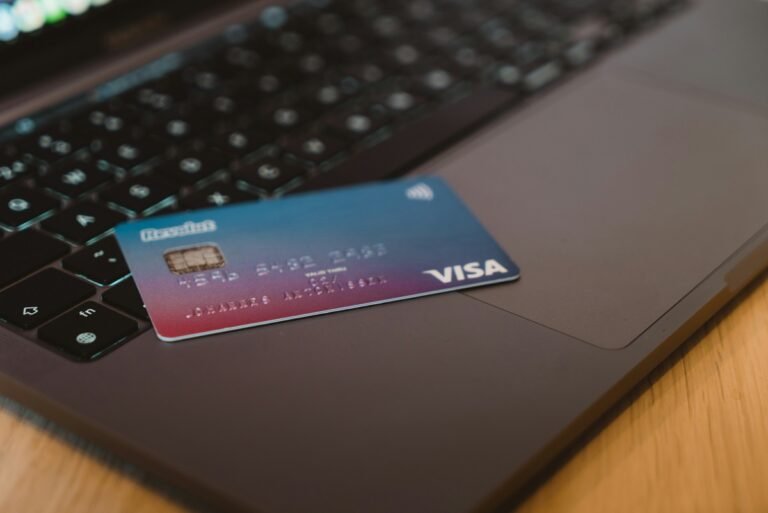Kenya’s leading money platform, M-PESA, is introducing physical plastic cards as it moves from its previous provision of virtual cards called GlobalPay, which faced limitations in acceptance at physical shops due to the populace’s preference for cash transactions.
The virtual cards were primarily designed for online purchases from platforms like Netflix and Amazon, but have faced challenges with reliability and fraud risks. In contrast, physical cards are considered more secure. However, Kenya has been lukewarm toward plastic payment methods, with only 6.35% of adults using credit cards and 22% opting for debit cards.
M-PESA, with an impressive 97% market share in Kenya, aims to bridge this gap and reshape consumer behaviour. It’s still debateable if M-PESA can overcome the trust issues lingering from virtual cards, and convince Kenyans to embrace plastic payments, but the company’s dominant position in the market suggests that it’s possible.
The potential impact extends beyond M-PESA, as Visa, the card processing company behind M-PESA’s virtual and new physical cards, also stands to gain significantly. If the introduction of plastic cards successfully convinces Kenyans’ to widely accept cashless payments, M-PESA’s hold on the East African country is poised to strengthen.
This growth is not exclusive to M-PESA; Visa is set to expand its footprint across Kenya and, by extension, the entire African continent.




